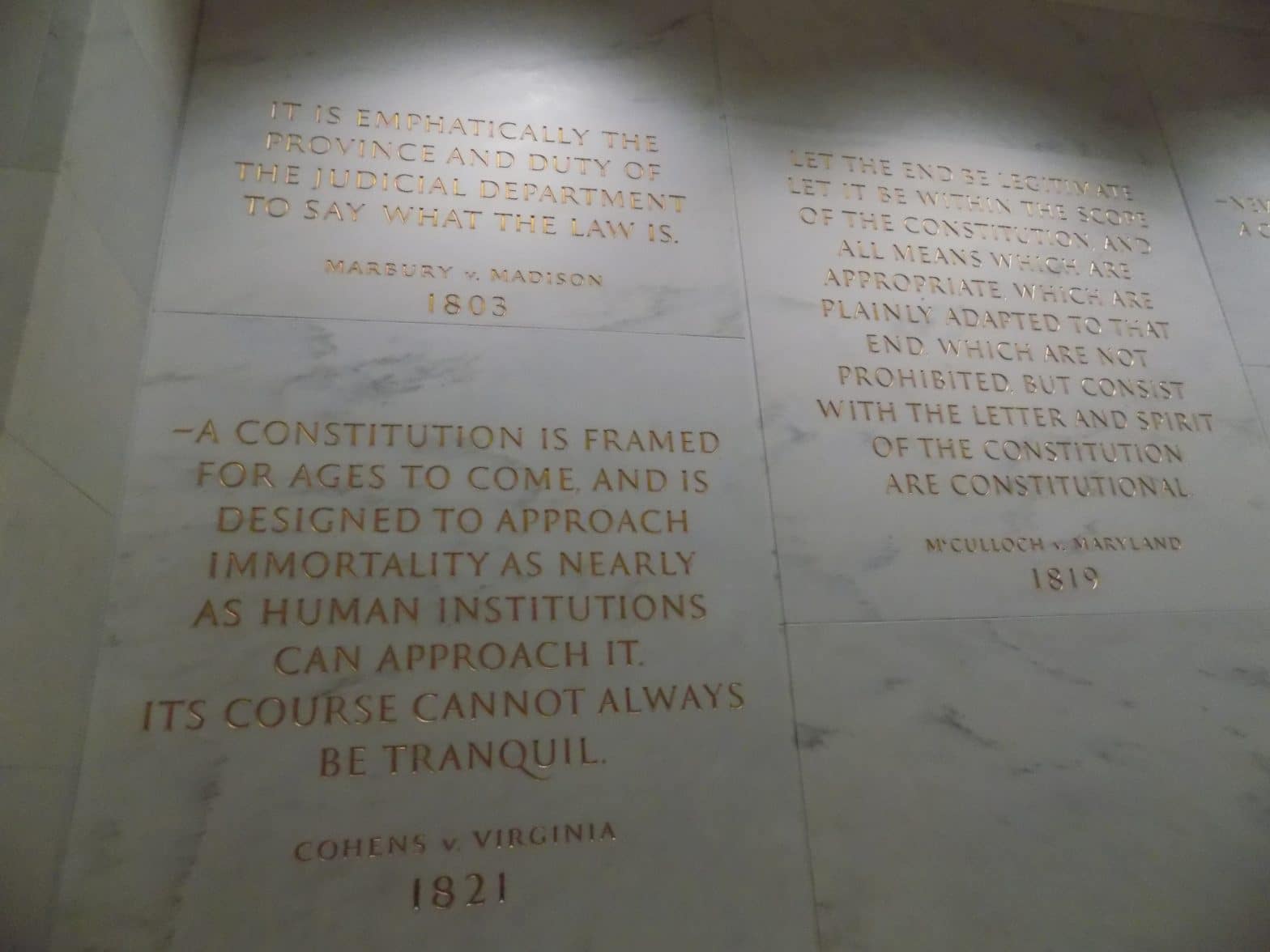Supreme Court to Consider State Role in Prosecuting Immigrants

WASHINGTON — The Supreme Court on Wednesday will hear arguments about whether states can prosecute immigrants who use other people’s Social Security numbers to get a job.
The case not only has implications for the balance of power between the states and the federal government when it comes to certain criminal prosecutions, but also illustrates how Presidential administrations have differed on the issue.
In the case before the court on Wednesday, the Trump administration has filed a brief supporting the state, Kansas, arguing federal law does not prohibit the prosecution of immigrants for violating identity theft laws.
“'[P]rotection against fraud’ is among ‘the oldest [powers] within the ambit of the police power’ of the States,” Solicitor General Noel J. Francisco said in a brief filed in May. “Of particular relevance here, state statutes dating back to the Founding (and English statutes before that) have criminalized forgery and obtaining property by false pretenses.
“In the modern era, those crimes increasingly involve identity theft — a serious and ‘growing problem’ throughout the United States,” Francisco added.
The solicitor general went on to describe the scope of the issue, saying based on recent reports, one in ten Americans over age 16—a total of more than 17 million people—has been a victim of identity theft in the past year.
Not surprising, the Trump approach to the issue marks a profound departure from that of the Obama administration.
In 2015, after Maricopa County, Arizona Sheriff Joe Arpaio conducted a series of workplace raids intended to ferret out noncitizens working illegally in his jurisdiction thanks to their use of fake I.D.’s, the Justice Department held only the federal government had the authority to prosecute such individuals.
Federal law makes it a crime to use falsified documents but draws a distinction between identity theft and an application to work, the Obama administration said. It is not illegal for an immigrant in the U.S. illegally to apply for a job.
The case the court will hear Wednesday involves Donaldo Morales, who has been living in the U.S. since 1989 and got a job at a Kansas restaurant using a Social Security card that was not his own. Relying on the Obama-era Justice Department’s directive, federal prosecutors declined to charge him.
But Kansas authorities charged and later obtained a state conviction against Morales that could lead to his deportation.
He was found guilty of state charges for identity theft and putting false information on employment forms related to his work at the restaurant.
A state appellate court overturned the conviction, but Kansas appealed.
The Kansas Supreme Court overturned the convictions of Morales as well as Mexican immigrants Ramiro Garcia and Guadalupe Ochoa-Lara after concluding the state was seeking to punish immigrants who used fake I.D.s to obtain jobs.
It ruled that the federal government has exclusive authority to determine whether an immigrant is authorized to work in the United States.
Kansas then petitioned the Supreme Court for review.
Rekha Sharma-Crawford, an attorney representing the immigrants, told the Associated Press the case illustrates how immigration officials are having the state do their bidding by using routine encounters with noncitizens to “strong arm businesses” to turn over personnel files.
“This has a chilling effect for local businesses, spreads deep mistrust for law enforcement in immigrant communities and also destroys families who are an integral part of the societal fabric,” Sharma-Crawford told the AP.
Twelve states — Indiana, Alabama, Alaska, Georgia, Maine, Mississippi, Ohio, Oklahoma, South Carolina, Tennessee, Texas and West Virginia — have filed briefs backing Kansas, arguing a ruling against the state would hamper their interest in protecting their citizens.
























